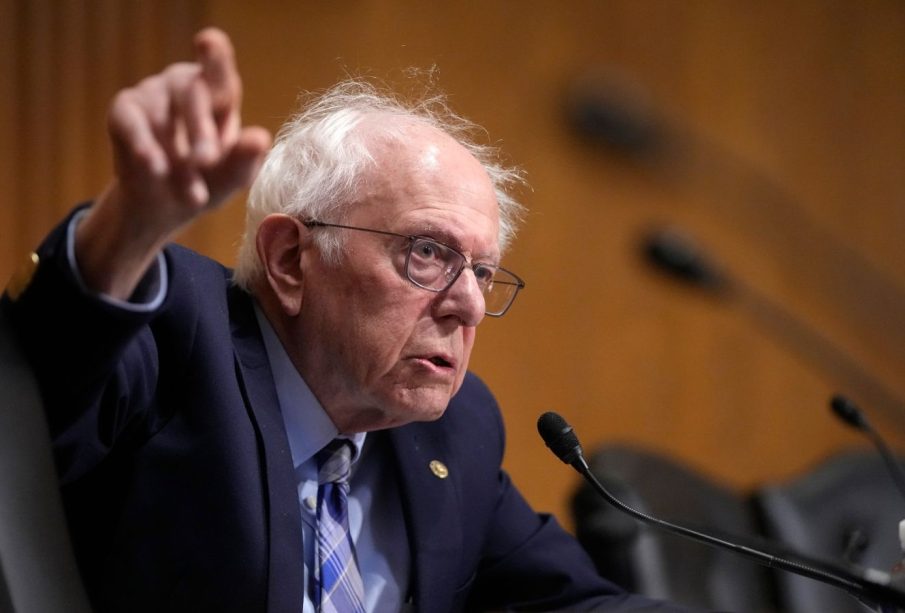The Influence and Legacy of Bernie Sanders

Introduction
Bernie Sanders, the independent senator from Vermont, has become one of the most influential figures in American politics. Known for his progressive stance and advocacy for social justice, Sanders has shaped the political landscape, particularly among younger voters. With the growing income inequality and increased calls for healthcare reform, Sanders’ ideas resonate more powerfully than ever, making it essential to explore his impact on current political discourse.
Career Highlights
Born on September 8, 1941, Bernie Sanders began his political career in the late 1970s as the Mayor of Burlington, Vermont. He later served in the U.S. House of Representatives from 1991 to 2007 and is currently the longest-serving independent in U.S. congressional history. However, Sanders gained national prominence during his two presidential campaigns, particularly in 2016 and 2020. His focus on “Medicare for All,” the Green New Deal, and wealth redistribution has mobilized a vast base of supporters and influenced Democratic Party platforms.
Recent Developments
As of 2023, Sanders remains a vital voice in national politics. He has been vocal against the Biden administration’s policies, urging for more robust action on climate change and economic inequality. Recent surveys indicate that a considerable portion of Democrats still sees him as a potential leader within the party. Furthermore, Sanders has continued to advocate for student debt relief and minimum wage increases, igniting public discussions on key issues that affect millions of Americans.
Public Perception and Future Prospects
Public perception of Sanders remains largely positive, particularly among younger voters, who increasingly prioritize issues like climate change and social justice. Surveys show that many Americans believe his proposals, while ambitious, are necessary to address systemic issues in the country. Looking ahead, while Sanders may not run for president again, his influence is expected to shape the Democratic Party moving forward, offering a counterbalance to more centrist figures.
Conclusion
Bernie Sanders’ legacy as a champion for progressive causes continues to inspire a new generation of activists and voters. His commitment to systemic change, along with his advocacy for economic and social equity, ensures that he will remain an important figure in American politics. As political landscapes evolve, the ideas introduced by Sanders may become more integral to the future of governance in the United States, further solidifying his relevance in ongoing political debates.





